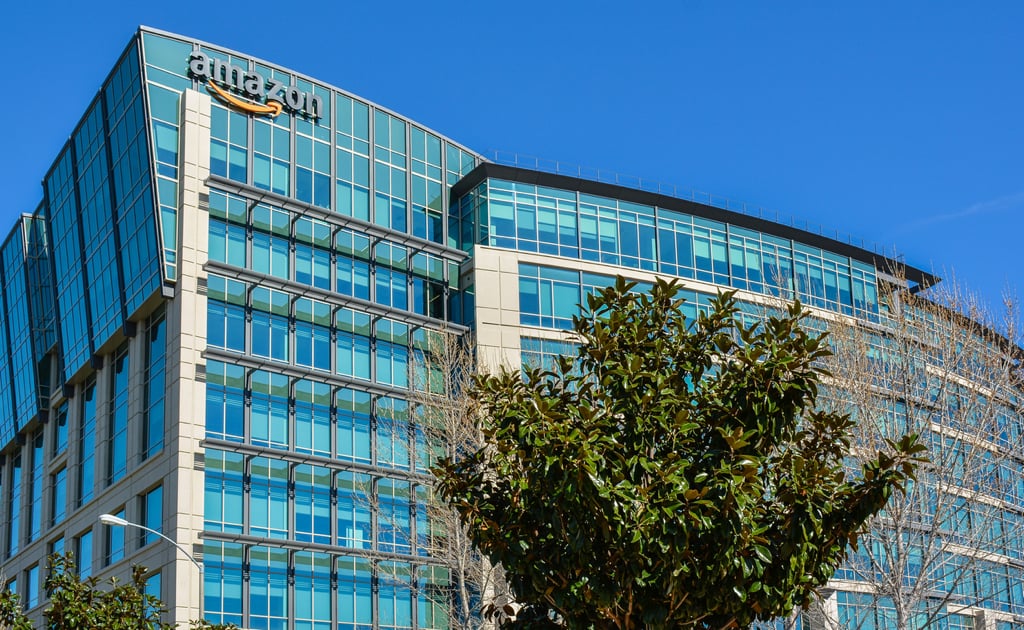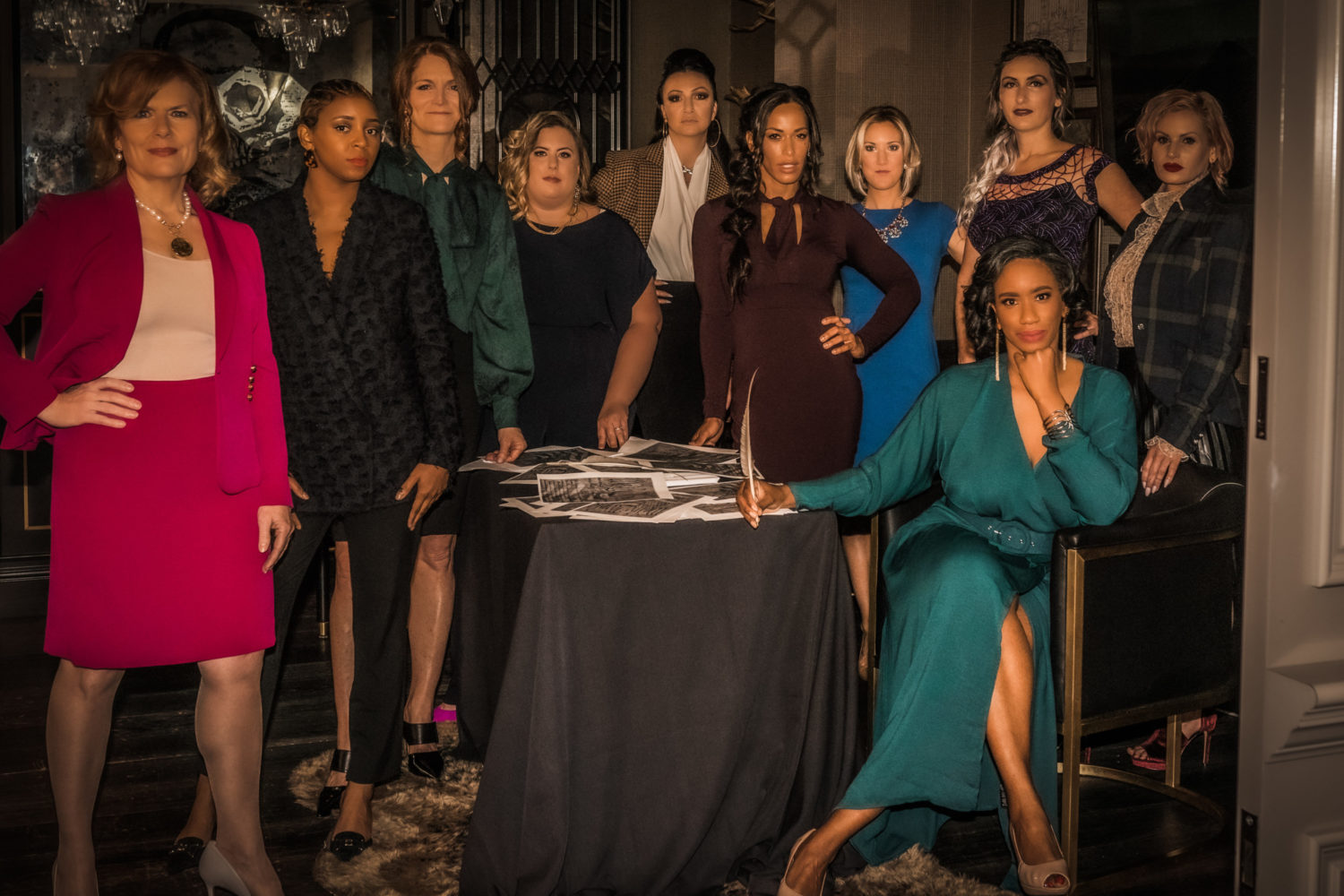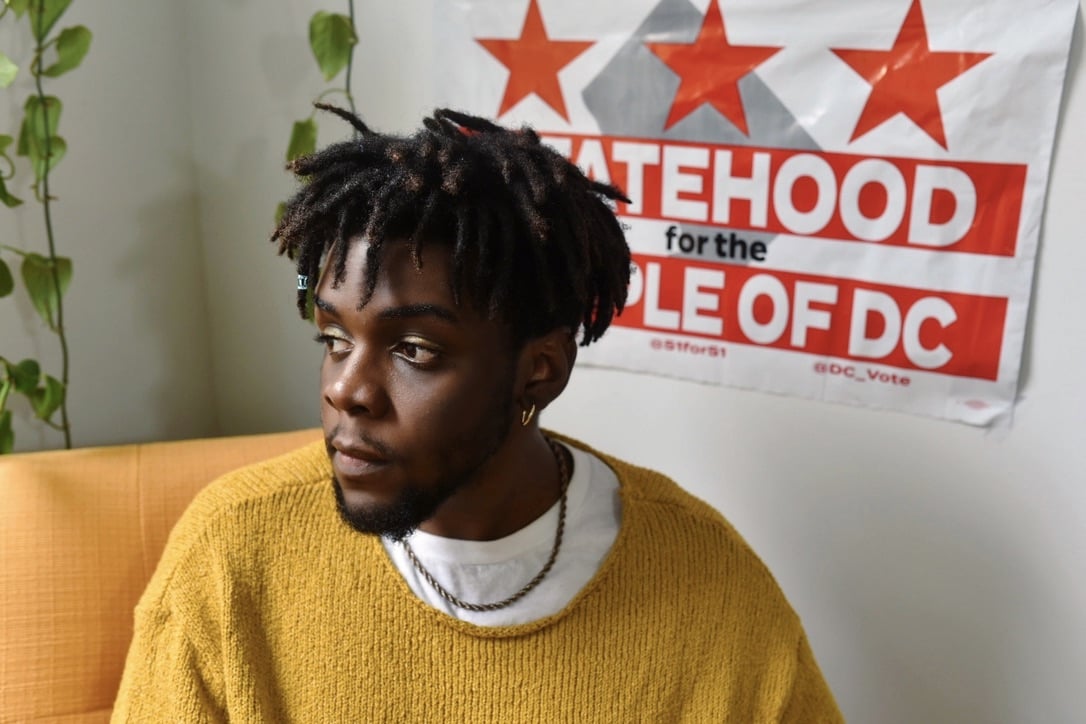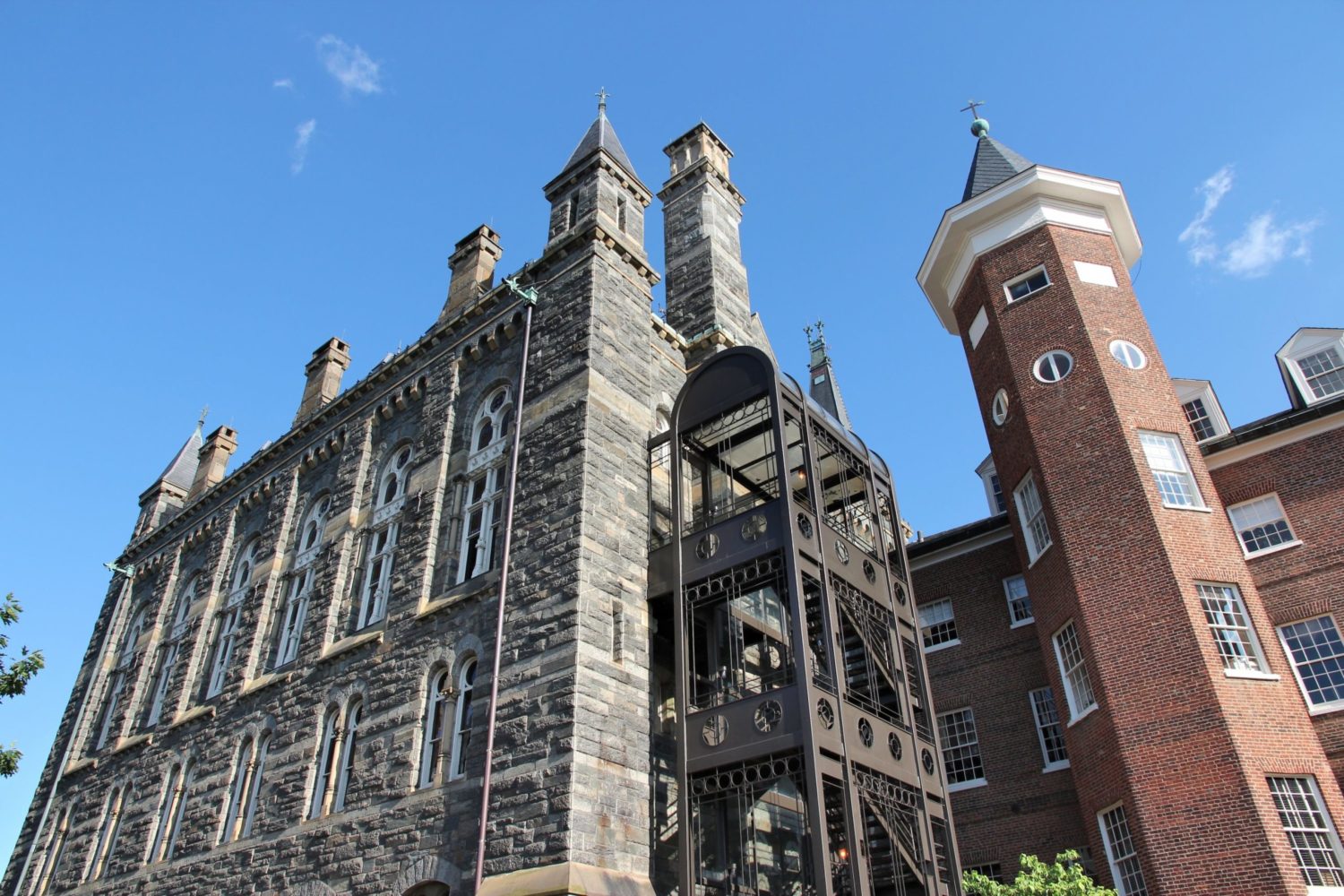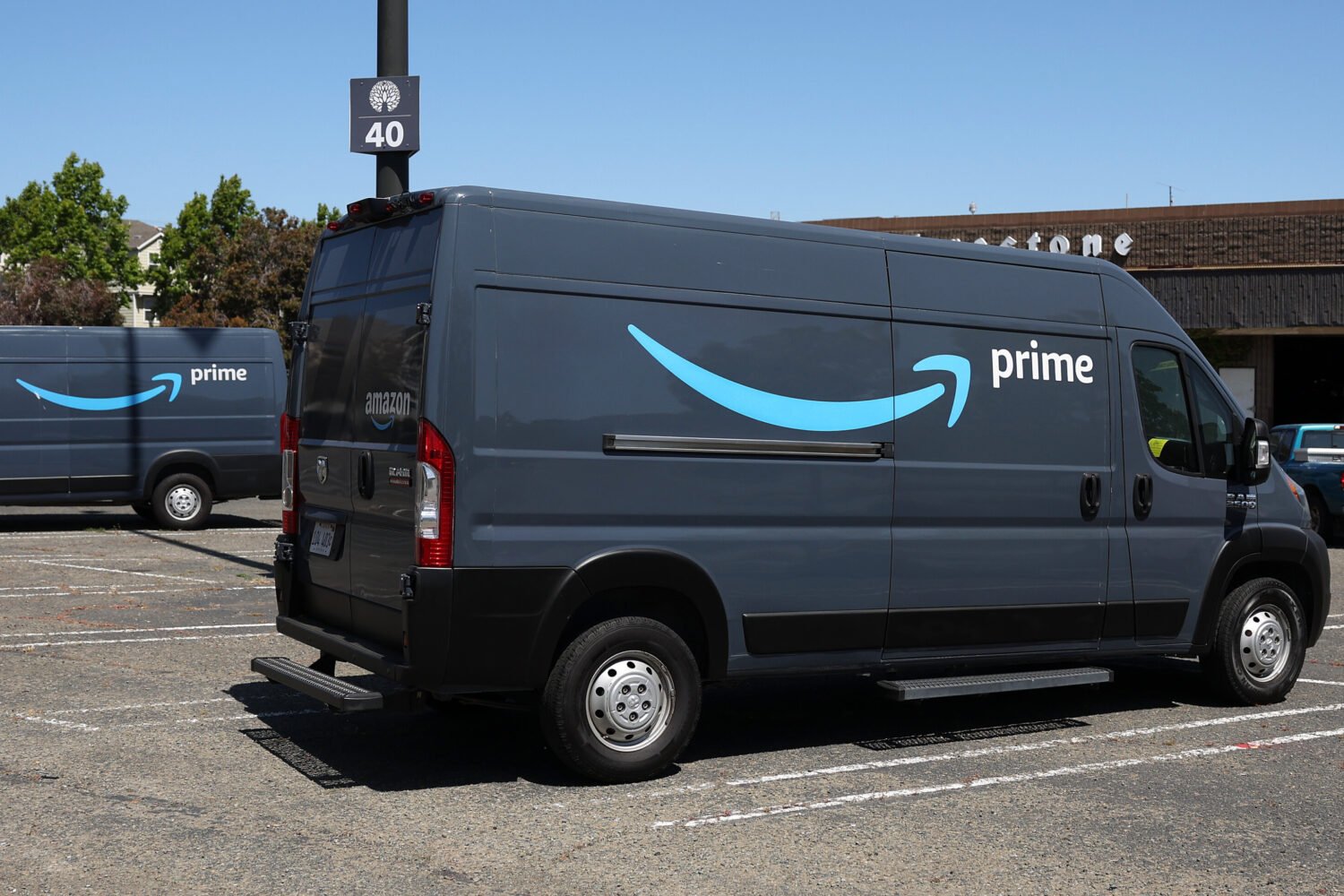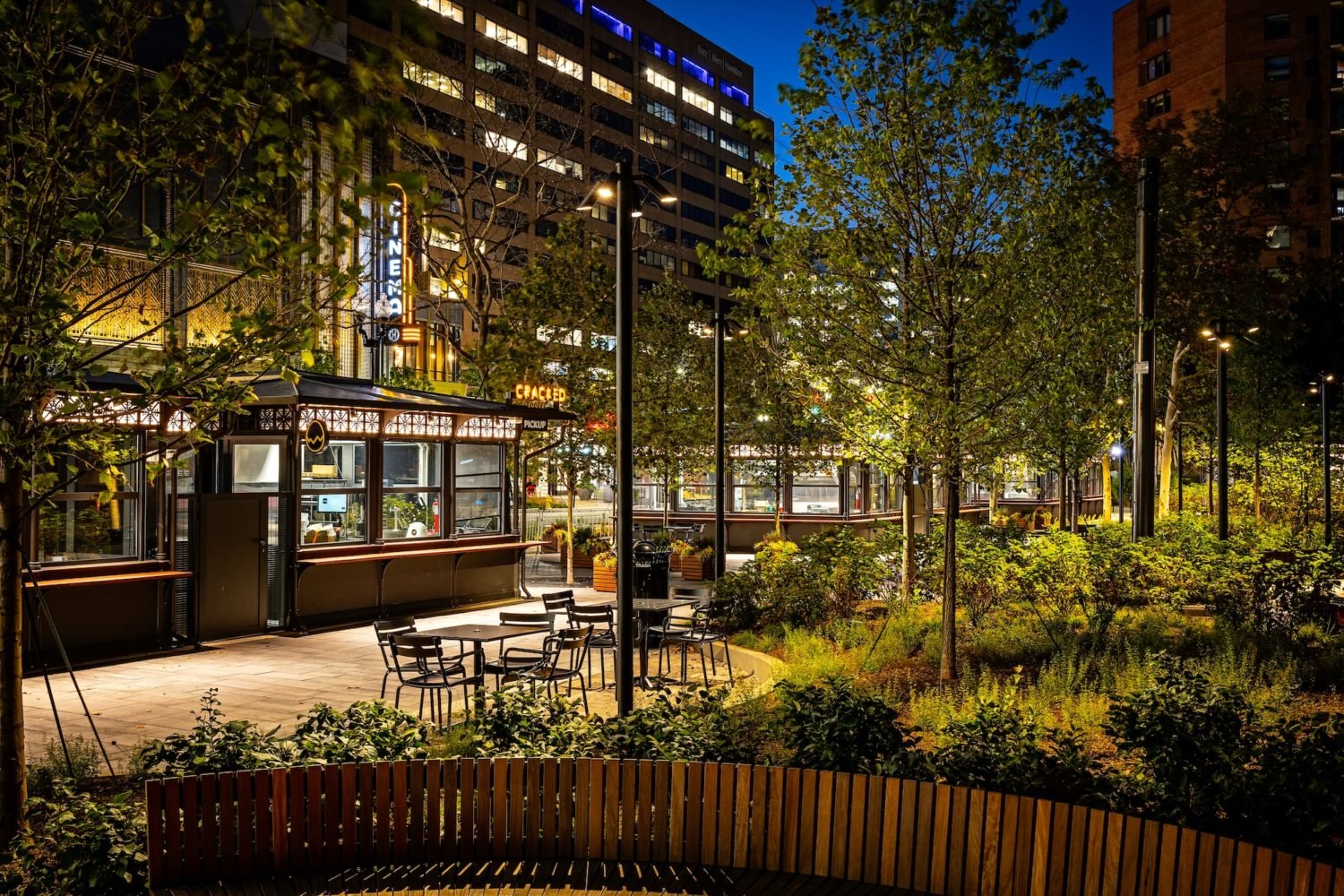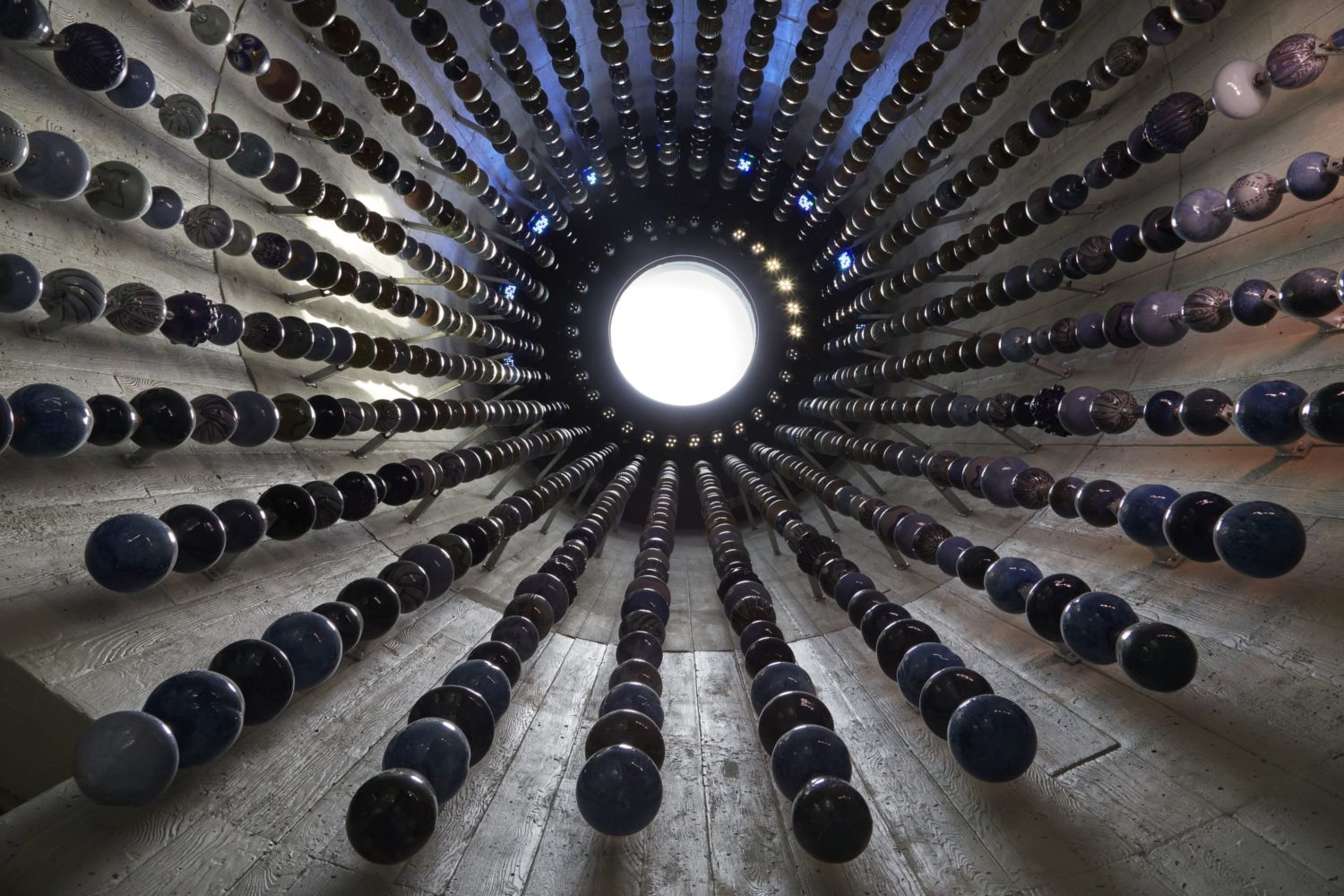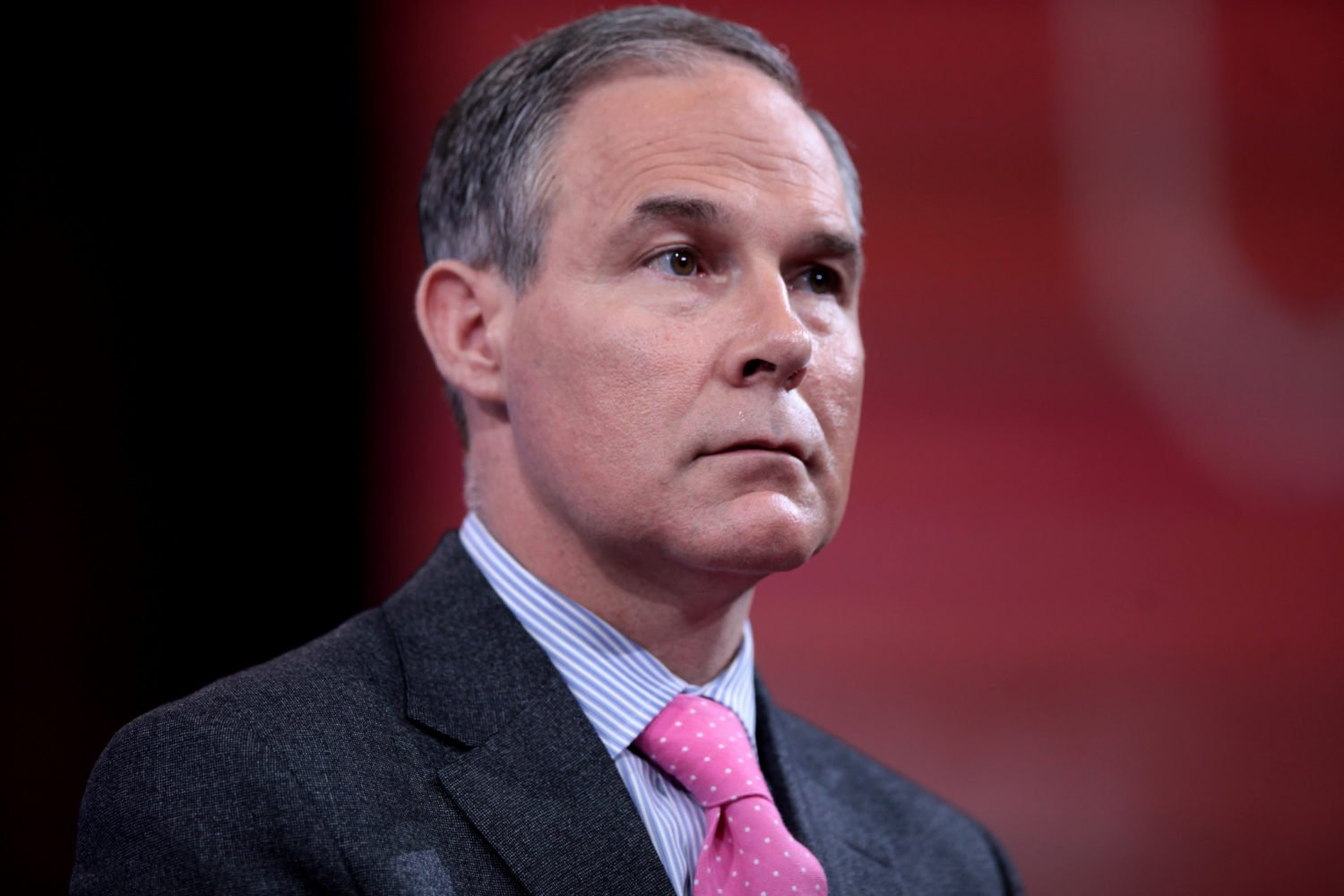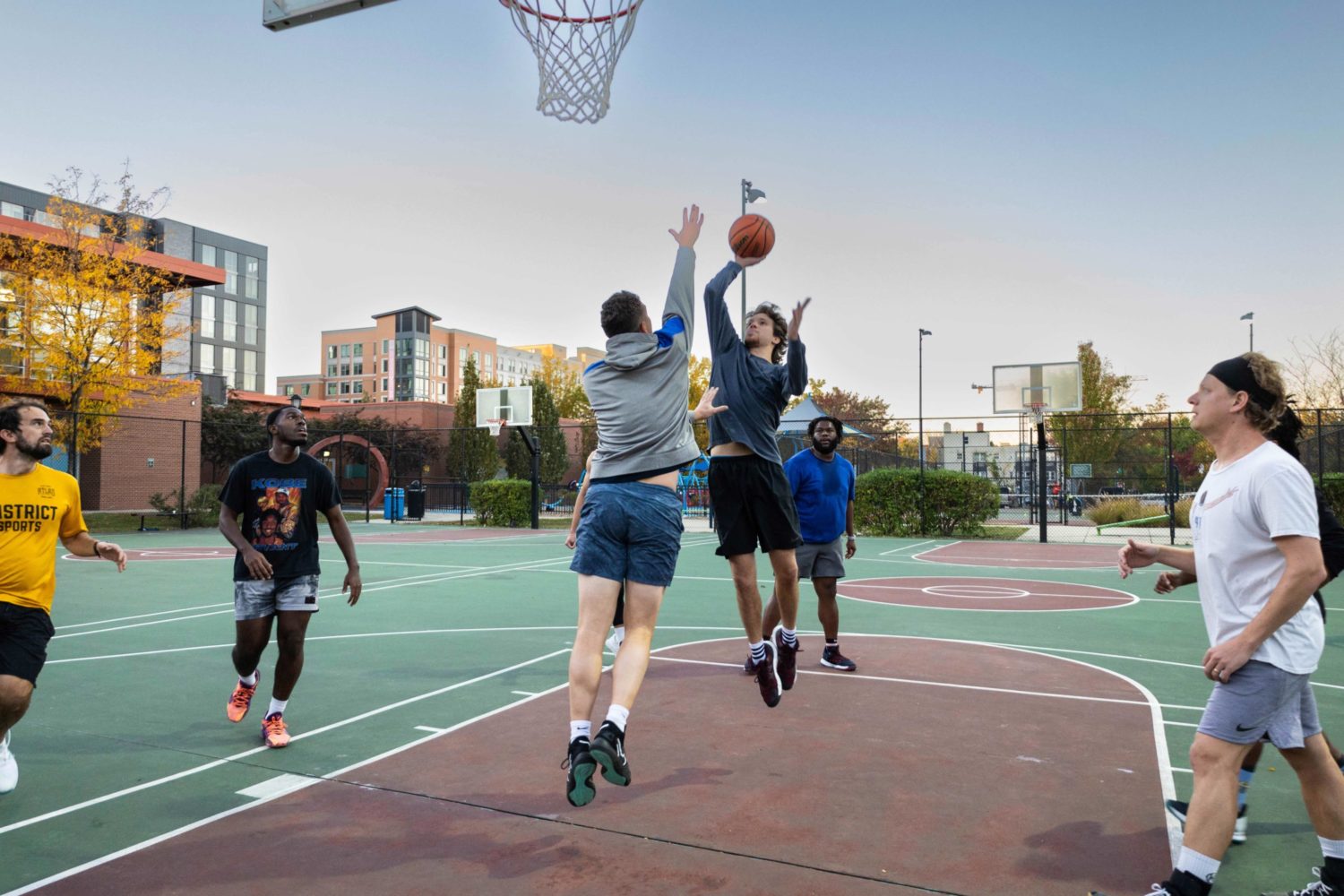The semifinalists for Amazon’s HQ2 are, for the most part, a predictable lot.
They’re big—13 of the 20 are in one of North America’s 20 largest metropolitan areas.
They’re educated—18 of the 19 U.S. sites are in metro areas where the share of the population with a college degree exceeds the national average (making Miami a bit of a dark horse).
And they have strong tech workforces—15 of the 19 U.S. sites are in metro areas that ranked among the top gainers of high-tech jobs in the past few years.
In fact, the Washington, DC, region is so strong in all these respects—size, education, and tech orientation—that it landed three semifinalists: the District of Columbia, Montgomery County, and Northern Virginia.
But that might not be such a good sign after all for the region’s leaders.
As others have observed, there’s a good chance Amazon has already decided where it would like to put its second headquarters. Now the company can extract larger benefits from their preferred site by pitting it against similarly qualified jurisdictions for the most generous incentive package.
The DMV could have, like many other big regions, submitted a single bid to Amazon, and presented a united front. If Amazon really wants to be in the Washington area given all the advantages noted above (not an unlikely scenario), local governments in the region would have been in a stronger bargaining position with a single bid. But with three separate bids, Amazon can get local leaders to compete with one another to offer even greater tax incentives to a company that probably realizes it can access the talent and amenities it needs wherever it locates in Greater Washington. Notably, none of the three jurisdictions was willing to divulge what their proposals already offered Amazon.
To the DMV, I say, it’s not too late. Like the Greater Washington Partnership counseled back in September amid the proposal frenzy, our region should compete globally, not just across the Potomac or the District line. Our leaders can pull their proposals under one roof knowing that if Amazon decides (or has already decided) to come to the Washington area, the whole region can benefit no matter where the jobs end up. That’s why Maryland, DC, and Virginia can and should agree to share the cost of whatever subsidy they provide.
What’s more, Amazon’s original RFP also stressed the importance of a supportive local government structure. Acting cohesively as Greater Washington would demonstrate stronger local government capacity than acting as the District, Montgomery County, or Northern Virginia alone.
To come together on this, officials in the three jurisdictions need to act with confidence. Landing three of the 20 semifinalist spots ought to provide them with some of that.
Alan Berube is Senior Fellow and Deputy Director of Brookings Metropolitan Policy Program.

